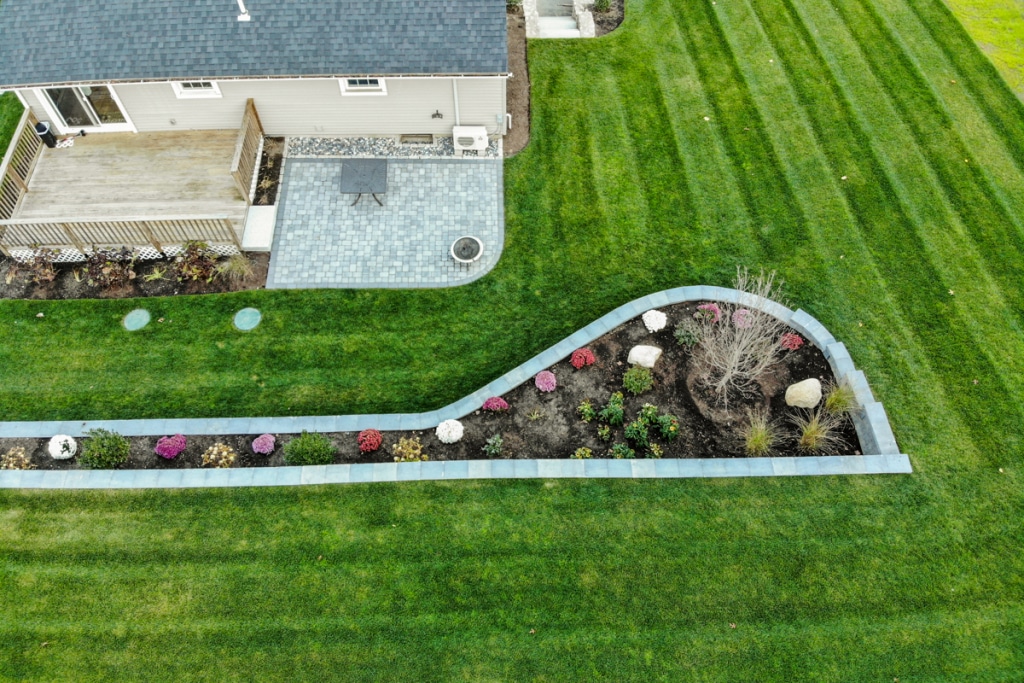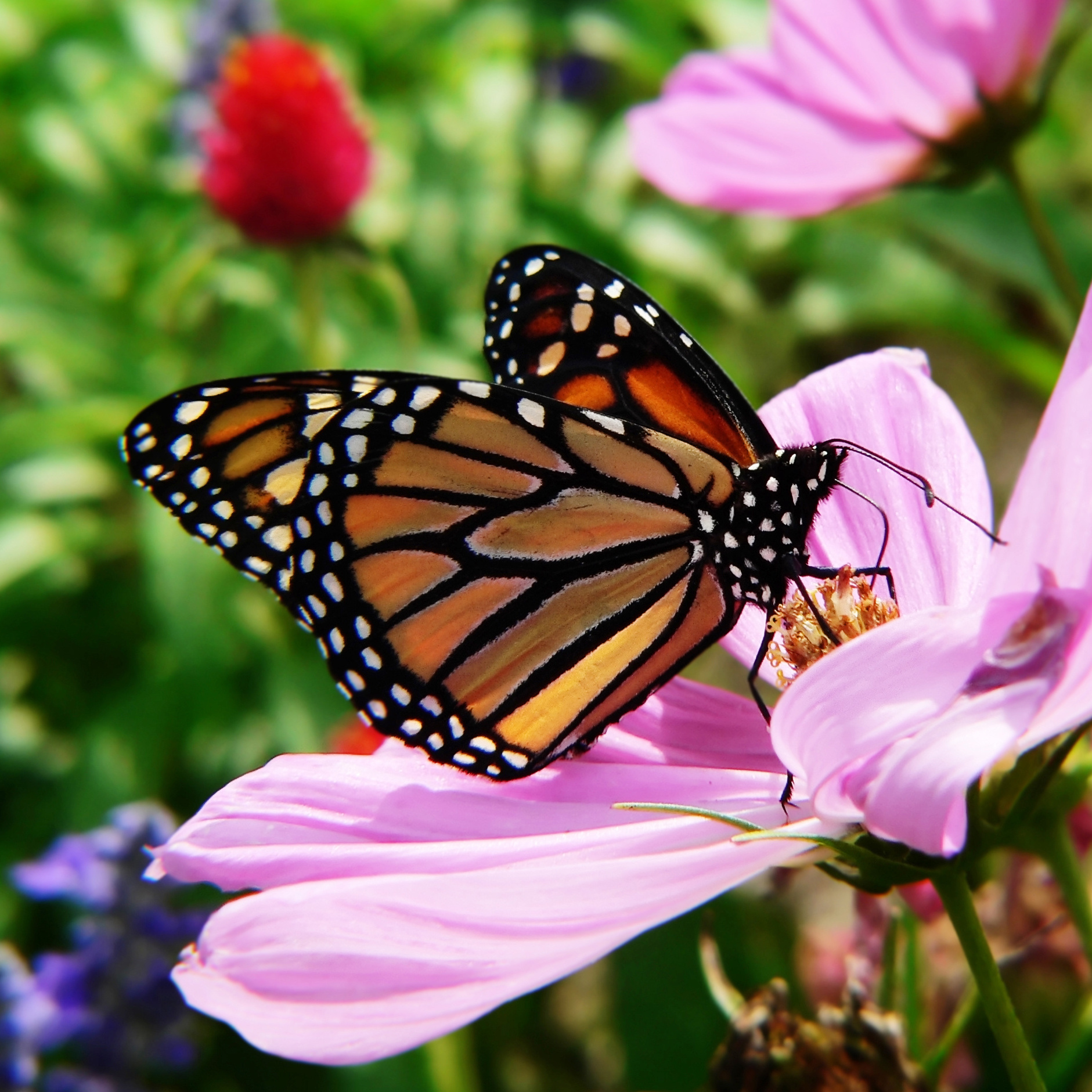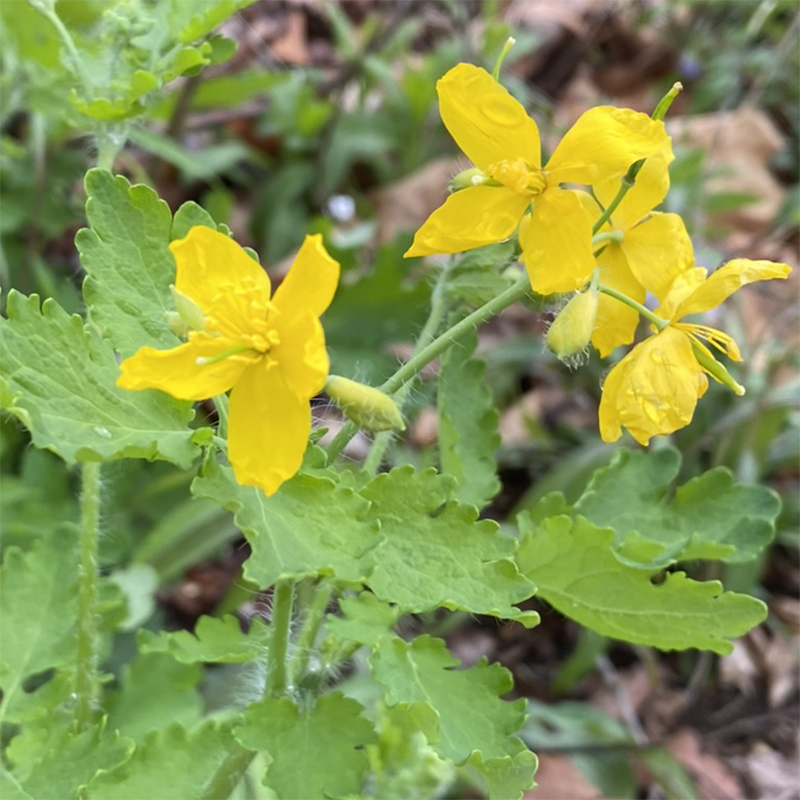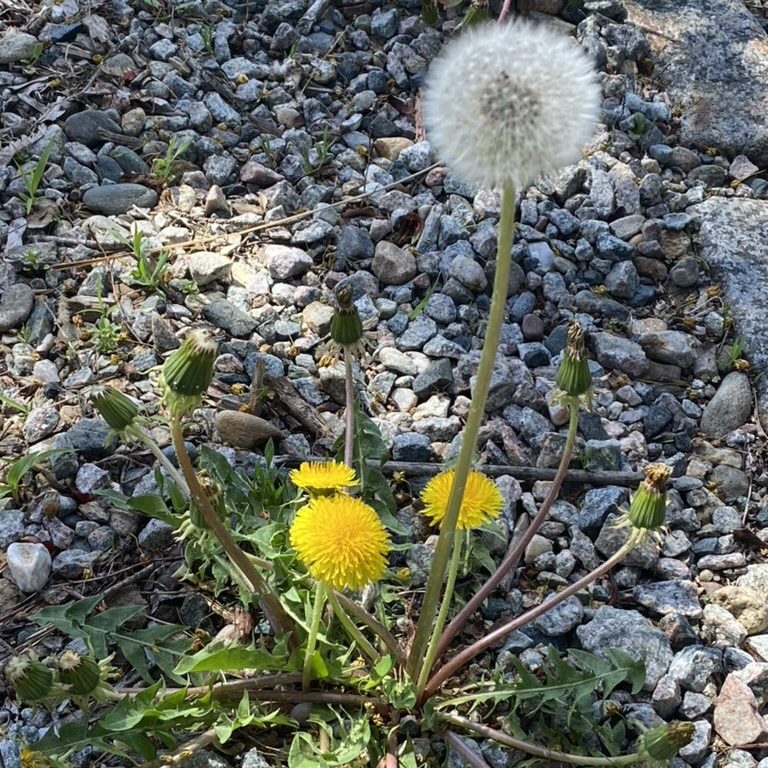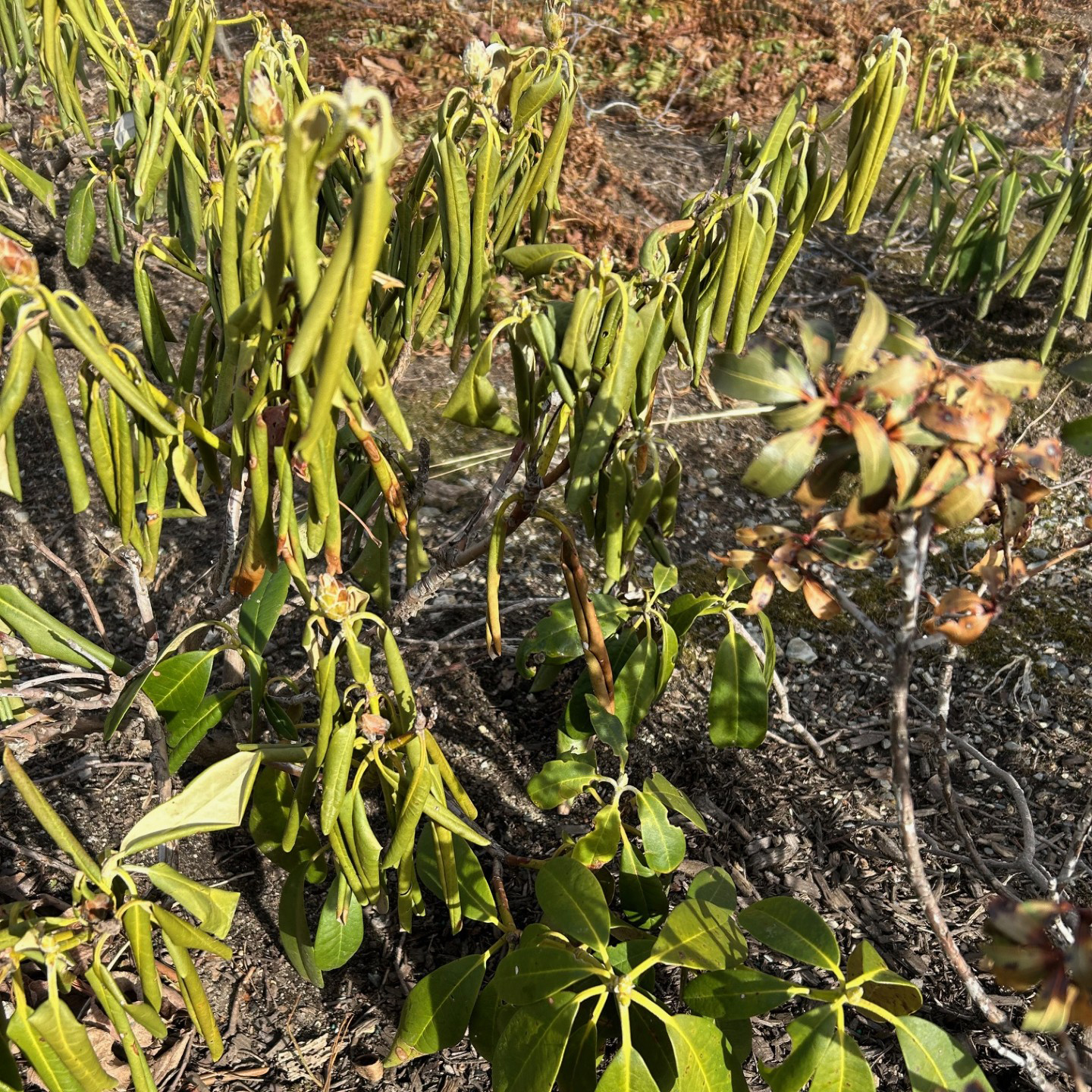
I’m sadly reporting that Paul Rogers, a fellow nurseryman and longtime colleague, passed away Sunday, July 20, 2019. Paul was so well known and respected in this region, always willing to share his knowledge and wisdom with everyone who he came to know. During his 90 years his countless talks, writings and personal conversations were so stimulating and supportive for so many of us. We will truly miss him!
This is Paul’s final Roots of Wisdom article for the Worcester Telegram & Gazette. The world of horticulture has lost a wonderful friend and a great mentor!
Roots of Wisdom: Beat July’s heat with mulching, feeding
By Paul Rogers, posted Jul 7, 2019 at 12:20 AM, Worcester Telegram & Gazette
Are you ready for some summer heat? On average, July provides us with the warmest month of the year. Daylight will shorten by almost three-quarters of an hour before the end of the month. This month is normally droughty. Will it prove to be so for this year? Weather records have been broken for the number for cloudy, wet days this year. We don’t know about the weather, but we do have a growing season to salvage.
Much can and should be done to support our plantings. Start by covering bare ground with mulch to protect the soil surface. What happens to bare soil? It grows weeds that rob the soil of nutrients and moisture and support the development of diseases and insects. Bare ground heats the soil to temperatures above healthy root growth. Ground that is uncovered allows the soil to bake and harden.
What kind of mulch should you be using? Any kind of mulch is better than no mulch, except grass or plants that contain viable seed should not be used. Grass clippings from regularly mowed, weed-free lawns should be fine. Clean (weed-free) hay, straw, pine needles, compost or any organic material can be used as it will improve the soil as it protects it.
Not as many gardeners as should be make use of living mulches. A layer of living mulch does all the benefits of standard mulches, plus adds function, beauty and practically to the composition. Seed sown of alyssum, portulaca or any other low-growing, spreading, flowering (if possible) plant will substantially add attractiveness to the garden.
Vegetable gardens would be improved by planting heat-loving New Zealand spinach (giving you one crop above another), gem marigolds or other plants like nasturtiums (under taller vegetables). The concept can be expanded by blending flowers with vegetables or the reverse, or by adding select herbs to the mix. An old-time favorite vegetable/herb combination is the planting of basil with tomatoes.
Is there any potential downside to the use of living mulches? Don’t kid yourself, there is always a great or small risk potential for each decision made. In this instance, competition for rooting space and the availability of water and nutrients would seem possible.
However, the amount of available water has not been a problem this year. Excessive availability has often been the case, and the presence of additional plants that can transpire the extra water away can be expected to improve soil conditions. As to the likelihood of there not being adequate minerals for processing, I believe this to be the case. Excessive leaching has taken place during the heavy rains.
High temperatures, together with the stimulation of plant growth caused by long days and strong sun, provide the conditions for rapid maturation (ripening) of plants. My plan is to feed and feed. Allow plants to perform as nature is instructing them to do. Gardeners have been waiting for nature’s OK. The time is now!

